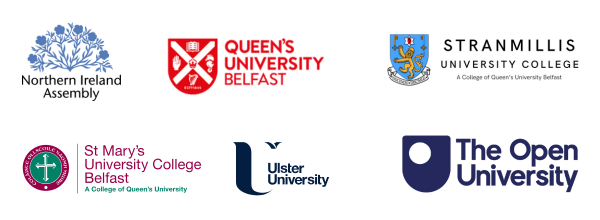Hidden barriers and divisive architecture: the case of Belfast
Mr David Coyles, Prof Brandon Hamber and Dr Adrian Grant (Ulster) The “peace-walls” are particularly symbolic of the role that architecture plays in separating residential… Read More »Hidden barriers and divisive architecture: the case of Belfast



